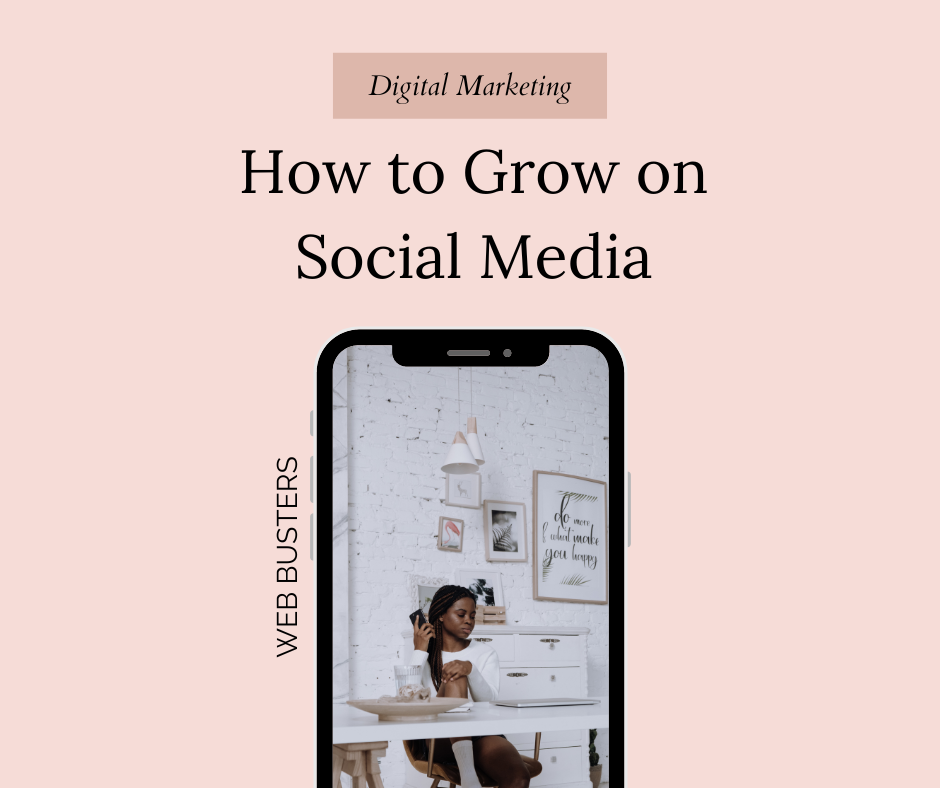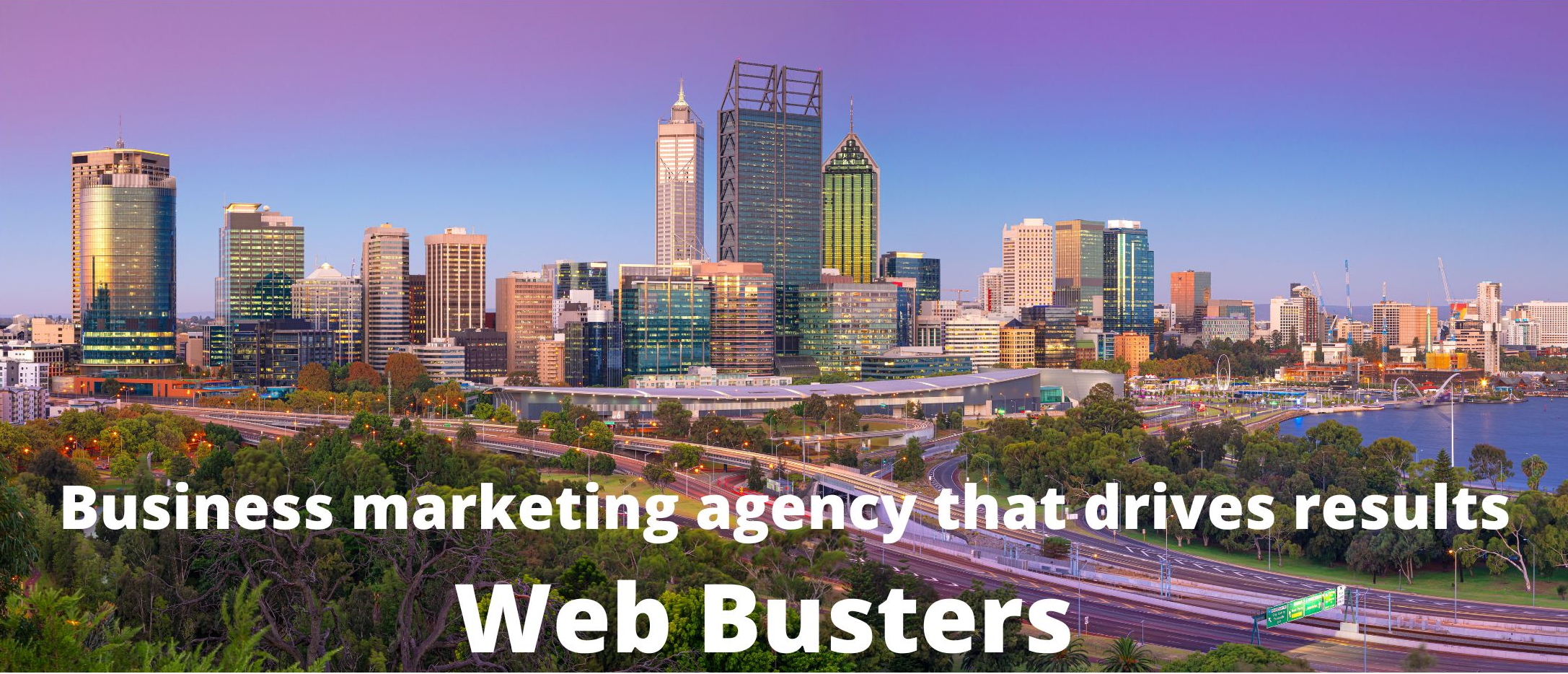Social Media Marketing Australia
Social Media Marketing Australia

SOCIAL MEDIA PRESENCE CREATES SALES. DO YOU WANT HELP TO GET STARTED?
Web Busters offers industry specific strategies for social media marketing. We help businesses to take advantage of Facebook, Instagram and other social networks to build their brands and grow public awareness.
Web Busters can increase a business' reach across the major social media platforms.
Placing marketing material on social media will attract new or potential customers. A sensibly priced Web Busters social media campaign will expose a business' products and services to a local or wider audience to provide "buzz" and word of mouth referrals..
Social media tactics have to be flexible. Business operators can plan but they need to be ready to adapt to real world market responses to their messages.
Get in touch with Web Busters to share your needs and objectives and we will review your current operations and make some informed suggestions. Even random Social Media advertising will drive leads, revenue and brand awareness for your business but a well executed campaign can help a business to jump ahead of their competitors.
Contact us 1300 660 660 or contact@rogersdigital.com

